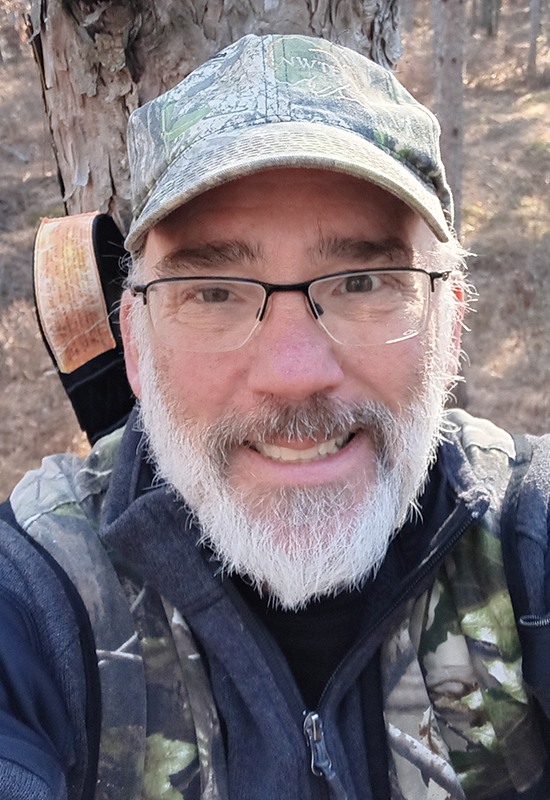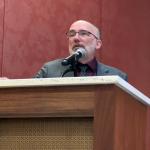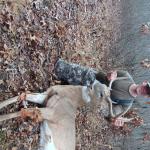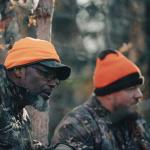Dr. Robert "Bob" Holsman
Senior Social Scientist
Bob Holsman’s natural resource career started when he was a radio reporter where he often observed the disconnect between citizens and agency scientists in public meetings. That recognition sparked in him a desire to work at the social and ecological interface of resource management helping decision makers understand and incorporate stakeholder values and opinions into conservation policy. Bob is a skilled meeting facilitator having led dozens of planning and stakeholder engagement efforts, as well as focus groups throughout his 25-year career.
Dr. Holsman was a wildlife professor at the University of Wisconsin-Stevens Point where he taught classes on conservation policy and law, human dimensions, and wildlife natural history. He also oversaw the Conservation Warden Training Program there. More recently, Bob served as a social scientist in the Wisconsin Department of Natural Resources.
He lives in Wisconsin with his wife Angie and has two grown sons. Bob enjoys fishing, foraging, hunting, birding, camping, hiking, and kayaking, but not at the same time.
317 W. Jefferson Blvd.
Mishawaka, IN 46545
United States






